News
Read the latest news about our activities, collaborations, vacancies, and new financing opportunities here.
-
Lees verder »: From soapbox to collaboration: how the Pact connects two worlds
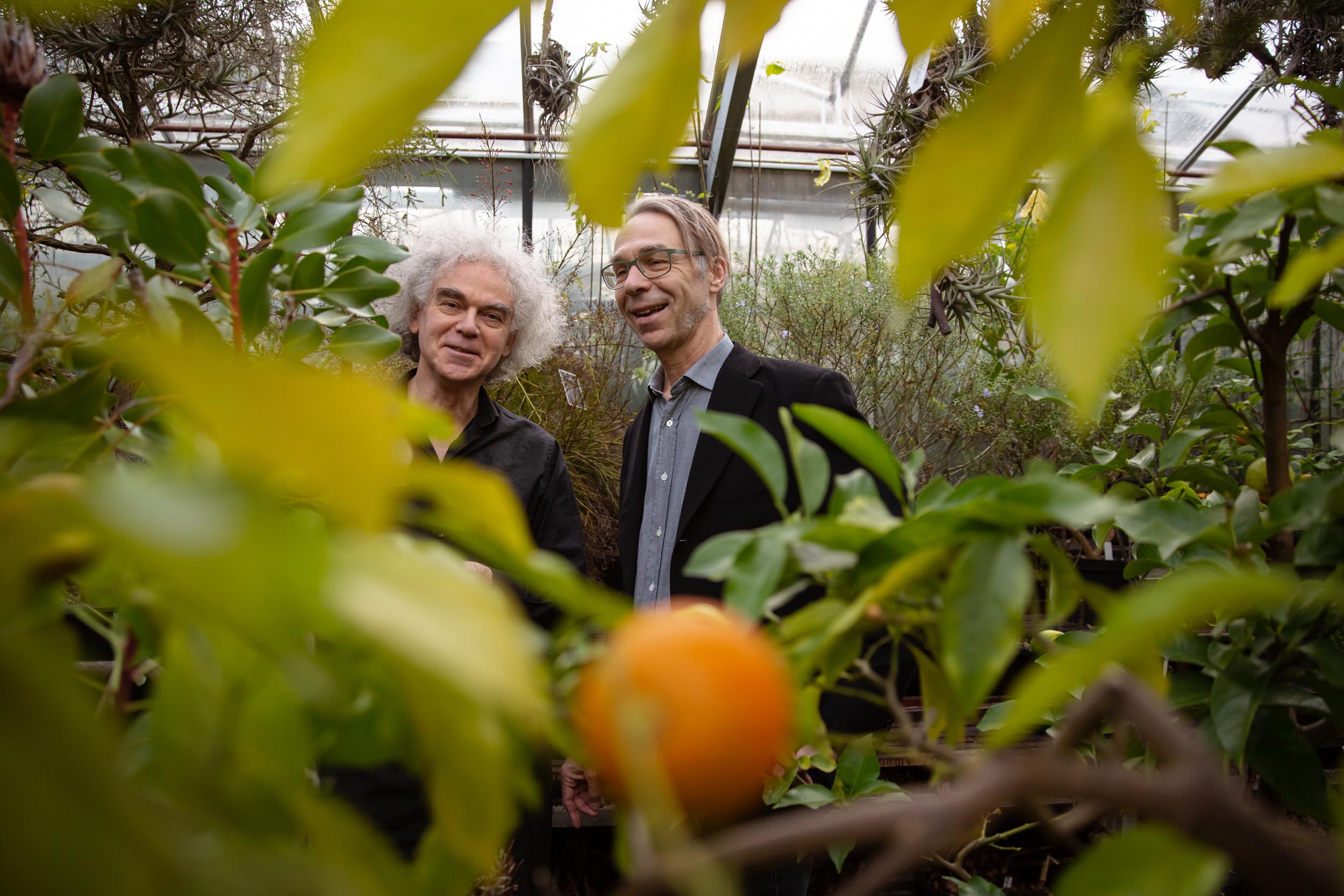
From soapbox to collaboration: how the Pact connects two worlds
What happens when an architect with a radical energy concept and a geoarchaeologist studying the Anthropocene meet within the Pact network of Klimaatonderzoek Initiatief Nederland? In the case of Renee Wansdronk (architect) and Sjoerd Kluiving (researcher in Geoarchaeology and Anthropocene Studies), it led to a collaboration that now includes joint projects, new networks, and the…
-
Lees verder »: KIN Statement: Fair climate policy for the Caribbean Netherlands
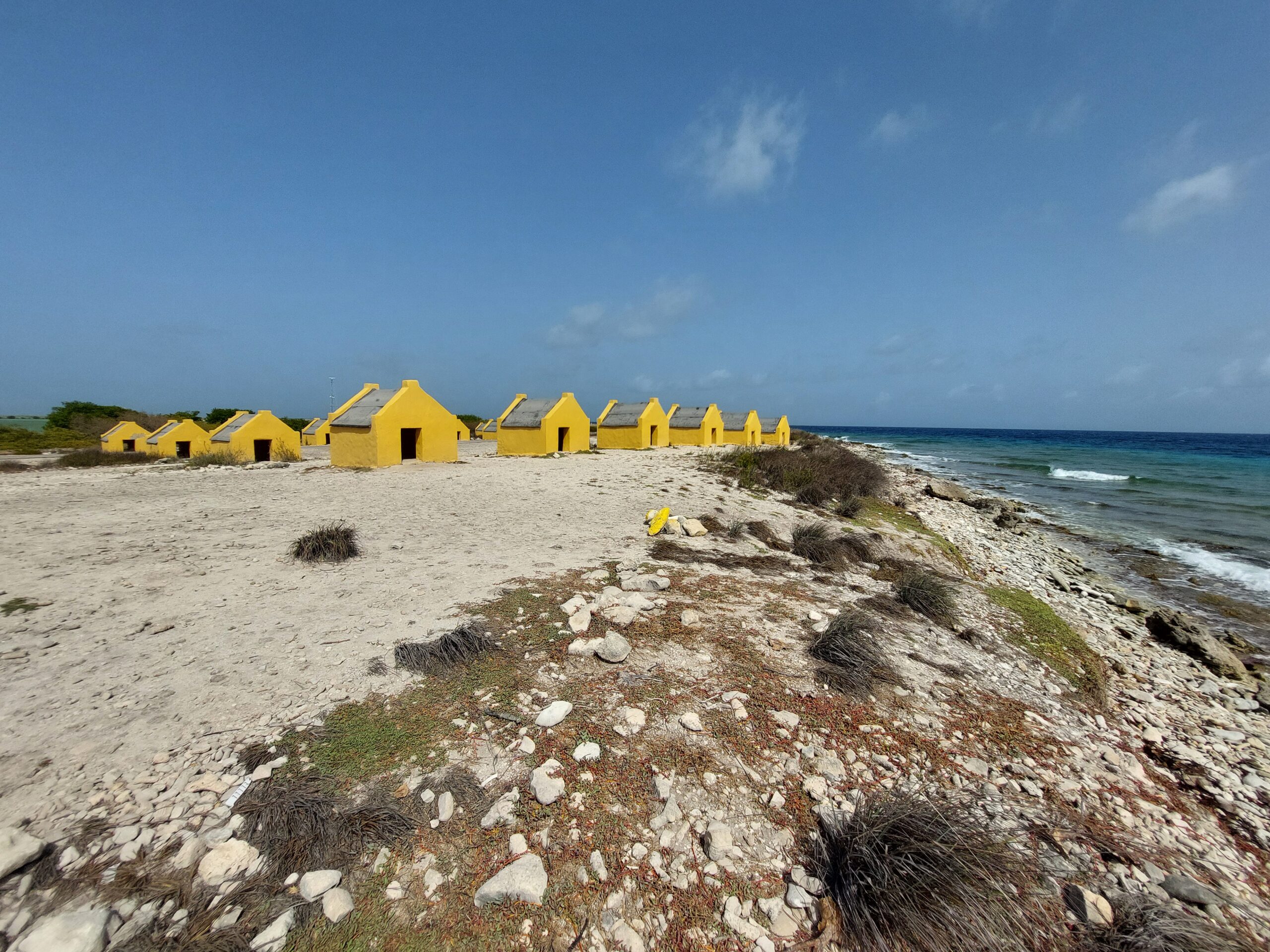
KIN Statement: Fair climate policy for the Caribbean Netherlands
Last week, the court ruled that the Dutch state is not doing enough to protect Bonaire from climate change. The state has treated the inhabitants of Bonaire unfairly compared to people in the European Netherlands, thereby violating human rights. The reactions to the ruling were emotional, relieved, and cautiously hopeful. The ruling confirms what Bonaireans…
-
Lees verder »: Sensory journey lets workshop participants experience the new economy
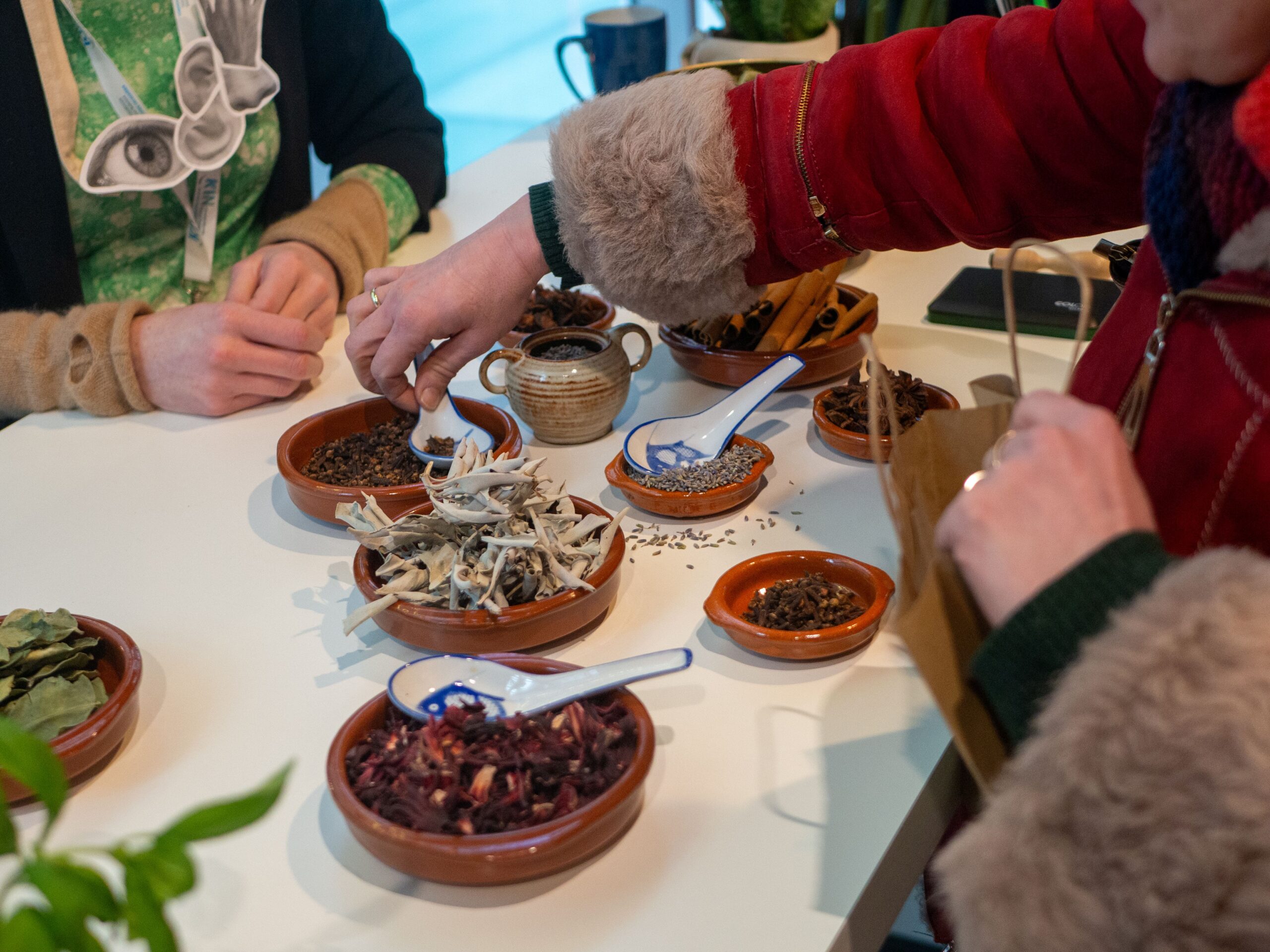
Sensory journey lets workshop participants experience the new economy
The Sensory Journey is designed by KIN Artist-in-Residence Sissel Marie Tonn, with the support of the KIN teamand as part of the third Crutzenworkshop on economic transition: “The Costs and Benefits of (In)Action”. The workshop consisted of a twoday design session and took place in Rotterdam on January 28 and 29. The aim was to…
-
Lees verder »: Crutzen workshop The cost of (In)Action: open, curious and action-oriented
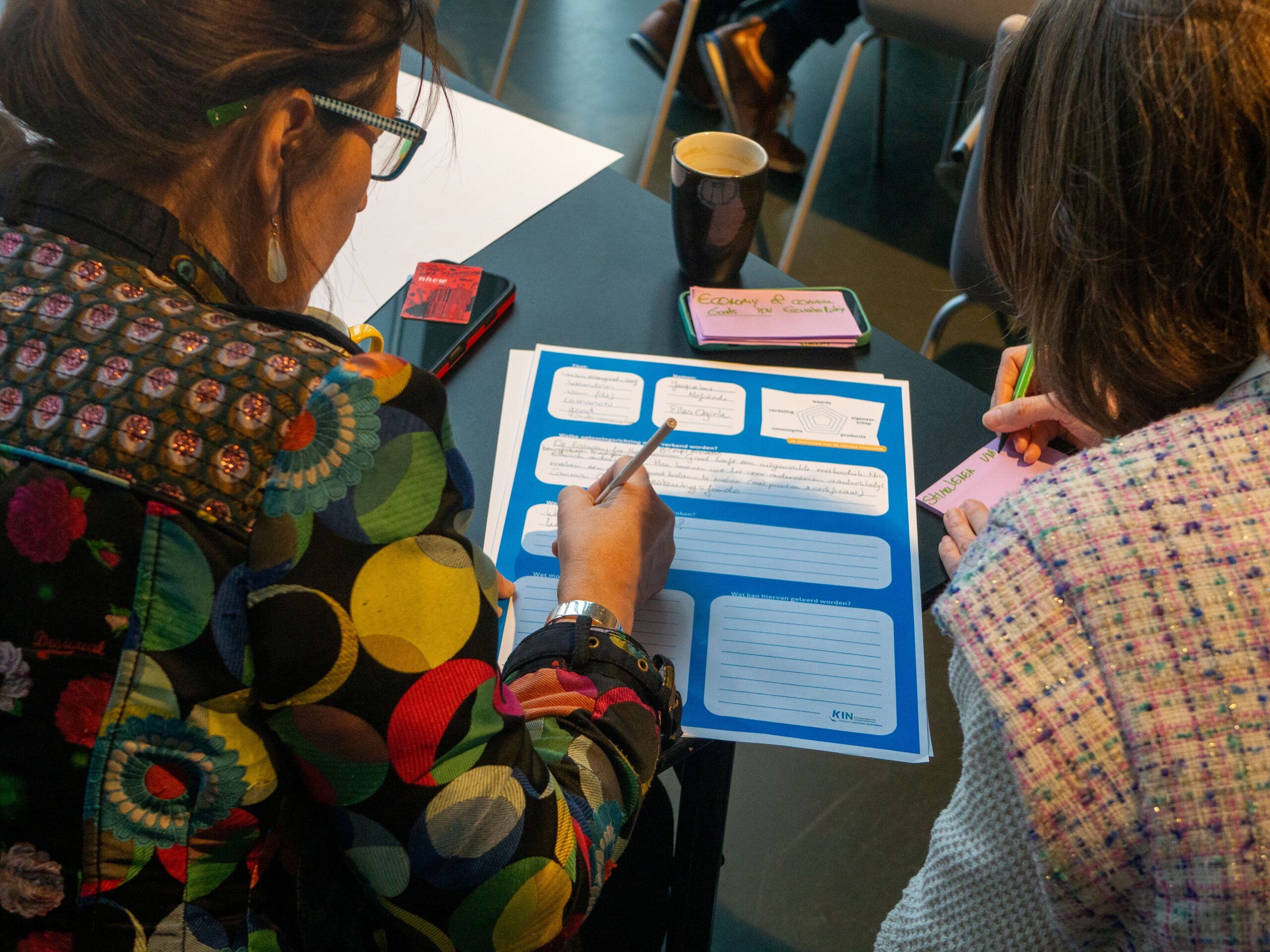
Crutzen workshop The cost of (In)Action: open, curious and action-oriented
Sometimes you don’t need a traditional conference programme, but rather time, space and the right people around the table. On 28 and 29 January, we will focus on one central question: what does it actually cost us if we do nothing – and what are the benefits if we do take action to accelerate the…
-
Lees verder »: New course: Justice during the climate crisis (DRIFT initiative)

New course: Justice during the climate crisis (DRIFT initiative)
This spring, DRIFT (supported by KIN) is launching a new three-day course on justice in the climate crisis. The course is aimed at professionals working on transitions who ask themselves: do our interventions work for those most affected? And do they reduce inequality, or might they in fact reinforce it? Participants will engage with theory,…
-
Lees verder »: KIN launches pilot with KIN Hubs: regional accelerators for fair climate transitions
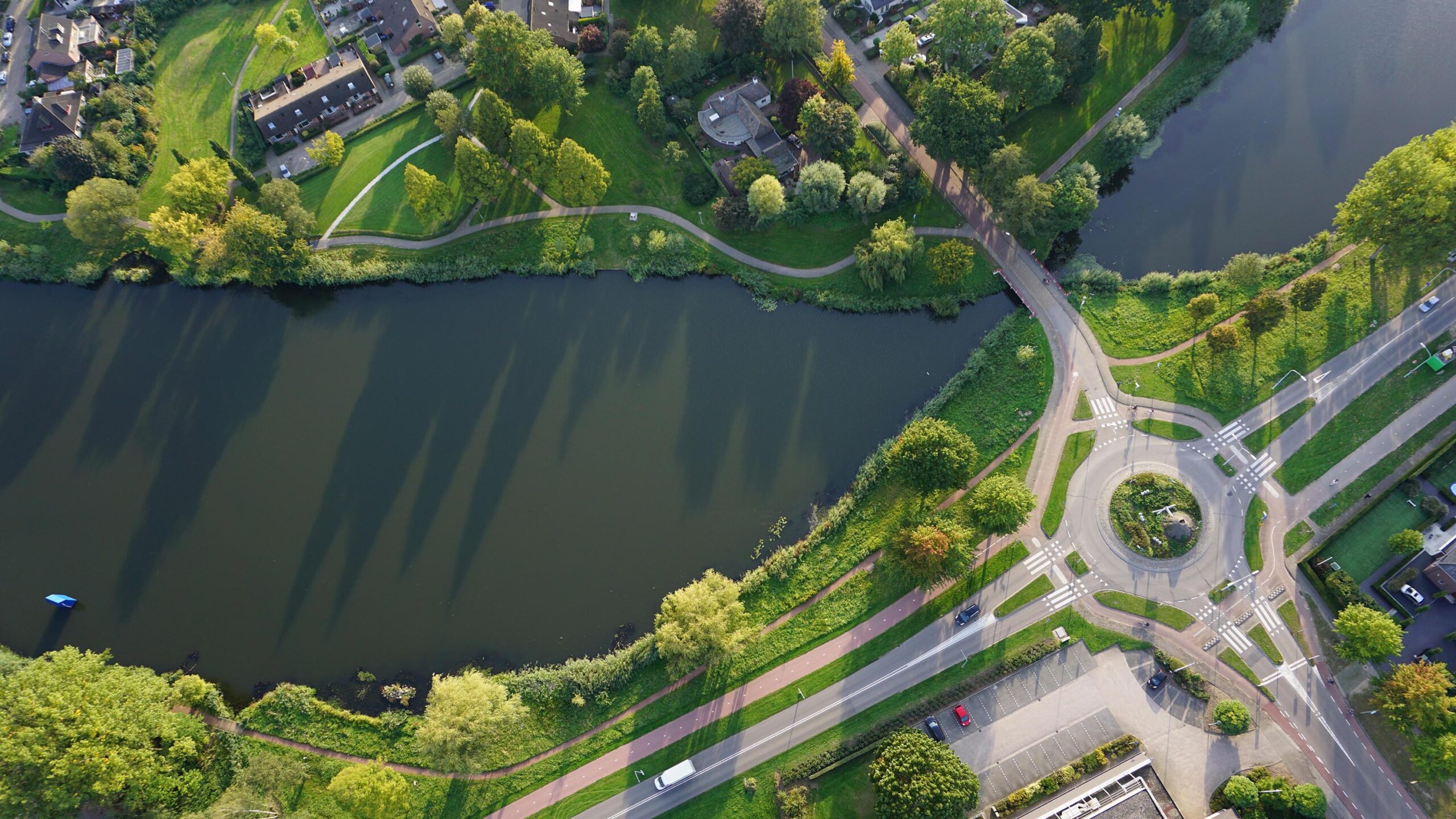
KIN launches pilot with KIN Hubs: regional accelerators for fair climate transitions
The Klimaatonderzoek Initiatief Nederland (KIN) is taking an important step to accelerate regional climate transitions. By launching a pilot for ‘KIN Hubs’, we are working together with knowledge institutions and partners to explore how transition-oriented and transformative approaches can be structurally embedded in the way we work and conduct research, in order to strengthen regional…
-
Lees verder »: Help shape the climate adaptation knowledge agenda for Bonaire!
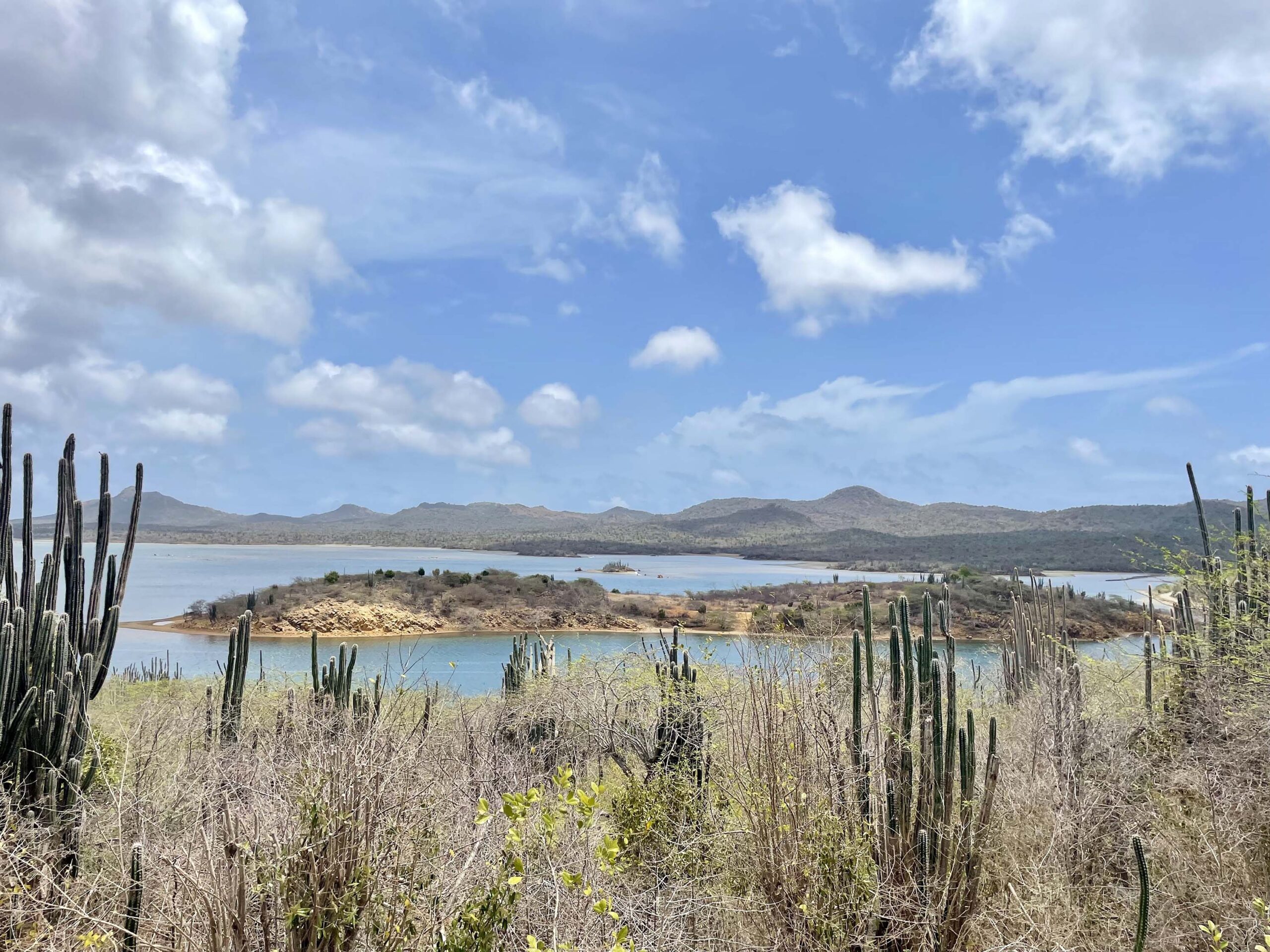
Help shape the climate adaptation knowledge agenda for Bonaire!
KIN is collaborating with IPDC, Deltares, WWF, and Stichting CAS to work towards a knowledge agenda on climate adaptation for Bonaire, which will be a chapter in the upcoming Bonaire Climate Plan. As part of this work, we are creating an overview of ongoing and upcoming research projects that can inform climate change adaptation on…
-
Lees verder »: Meet KIN’s first Artist in Residence: Sissel Marie Tonn
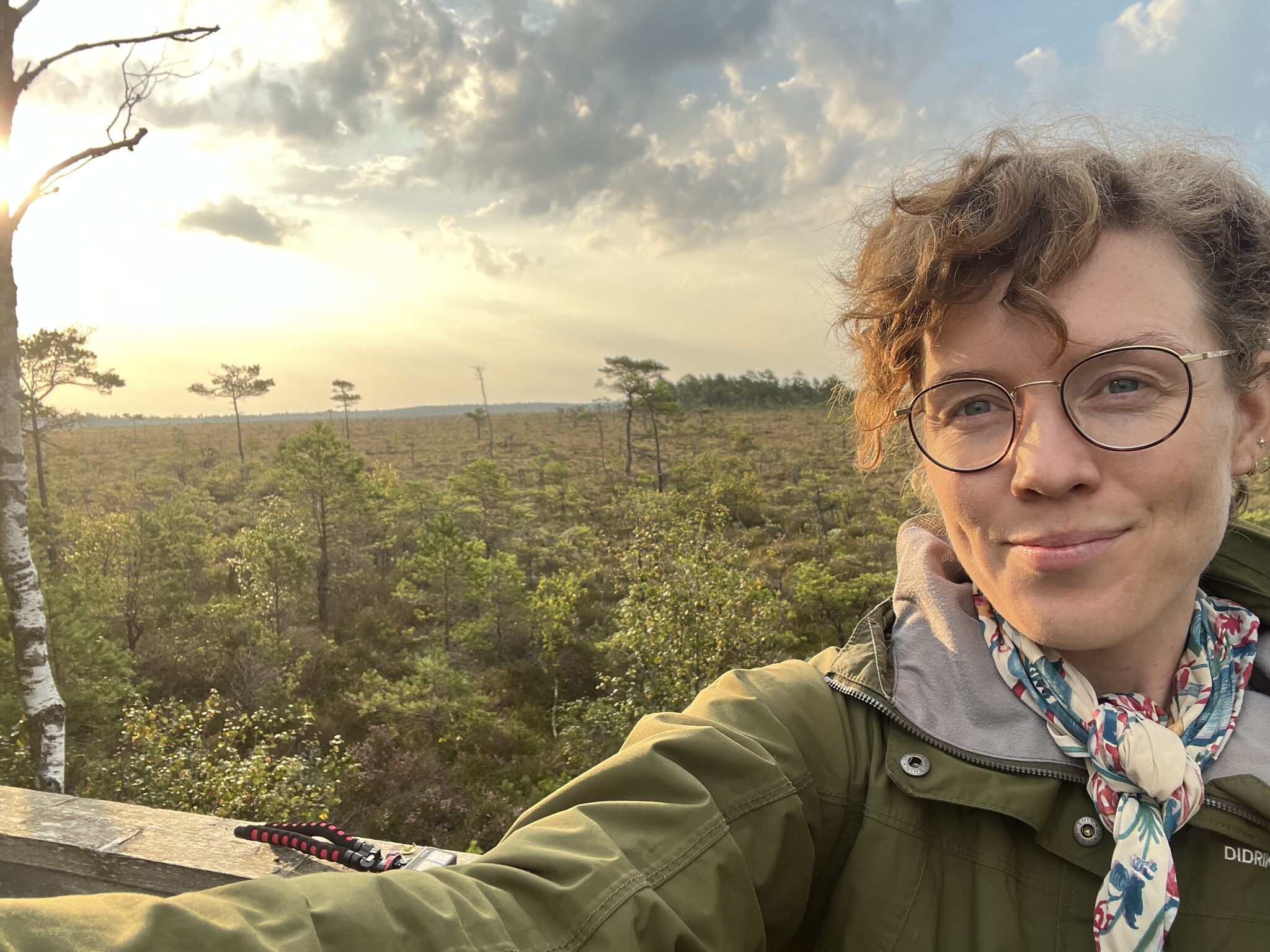
Meet KIN’s first Artist in Residence: Sissel Marie Tonn
We are delighted to share that, since the end of November, Sissel Marie Tonn has joined the KIN team for the coming year as our first Artist in Residence! Originally from Denmark, Sissel lives and works in The Hague, at the artist community See Lab — and perhaps the Scheveningen sea has seeped into her practice. At…
-
Lees verder »: Meeting marking 10 years of the Paris Agreement
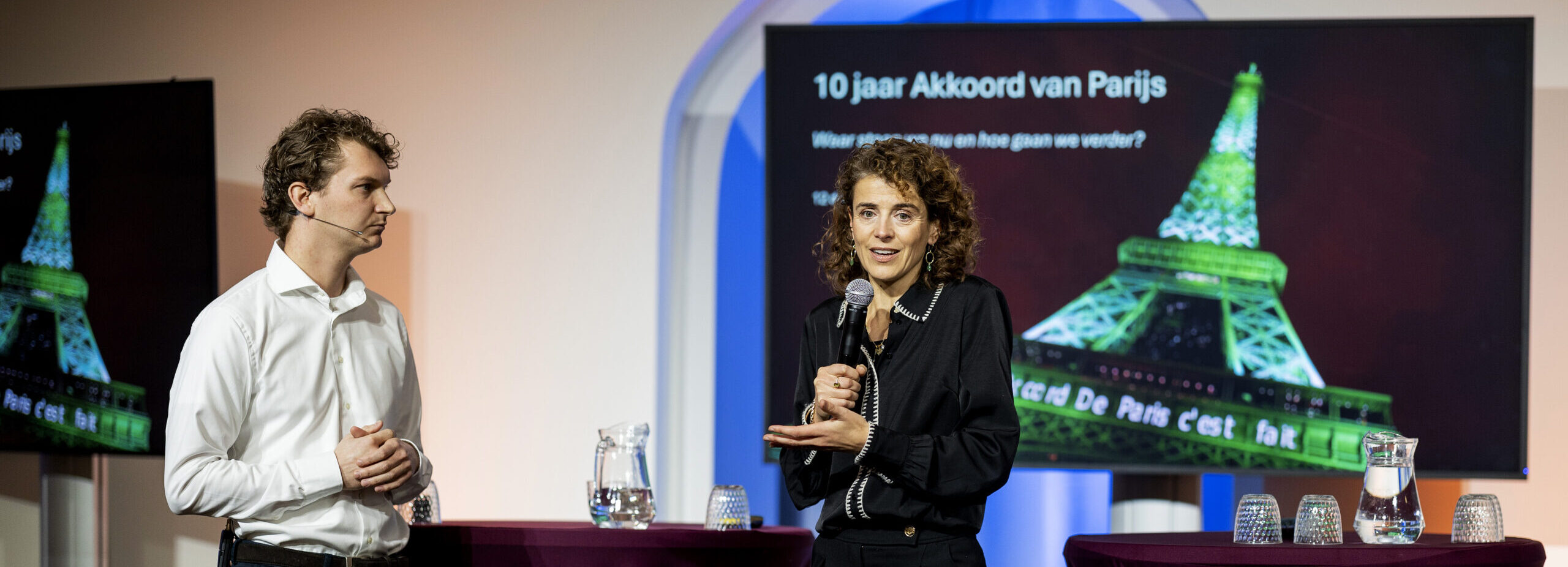
Meeting marking 10 years of the Paris Agreement
On 12 December, six knowledge institutions (WKR, PBL, NKP, Deltares, Rli, KIN) that advise the government on climate policy brought together a large group of stakeholders to mark the 10th anniversary of the Paris Climate Agreement. The aim was to take stock, but also to look ahead. An afternoon dedicated to the 10th anniversary of…

